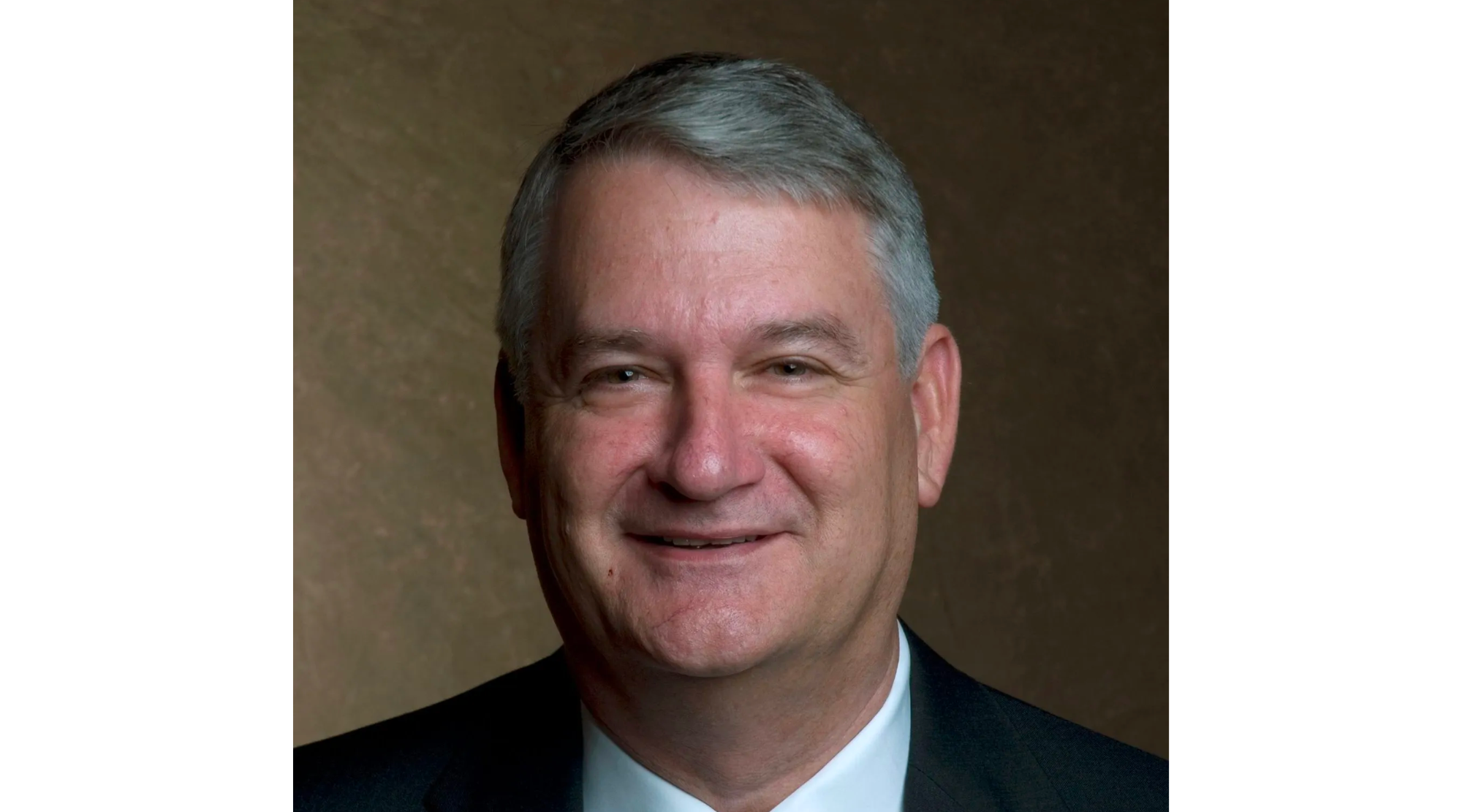Earth, Wind & Fire
Published 9:27 am Wednesday, September 16, 2020
|
Getting your Trinity Audio player ready...
|
My grandparents would occasionally visit my West Coast cousins. My grandfather would come back saying that it rained every day of their two-week visits. Then he would say the cumulative total of the two weeks’ worth of rain was just a quarter of an inch. That was his description of the wet, cool weather of Washington, Oregon, and the Pacific northwest where my cousins all lived.
As any of us that have grown up in the humid South with our weather influenced by the moisture coming off the Gulf of Mexico, a quarter of an inch is just a quick shower. If that was all that fell over a two-week period, it was nothing more than a mist.
My cousin, Vassar, recently visited my mother at Compass Lake. Vassar, who is several years younger than me, used to sit on the front porch at the lake totally mesmerized by the thunderstorms as they would roll across the lake. The booming thunder, the sheets of rain obscuring the view across the lake, and the lightning flashing across the sky was unlike anything she would see in the misty weather of the Pacific northwest.
Vassar, who is the CEO of an amazing retirement community in Portland, had barely begun her visit when the devastating fires on the West Coast began to move closer to her facility. Rather than relaxing on the dock, she found herself constantly zooming with her staff. As the fire approached, they evacuated over 100 residents to safer locations.
Luckily, Vassar was able to get an earlier flight back to Portland. Everyone understood that she needed to be closer to those whose care and well-being are part of her charge. After all, it is the biggest and deadliest fire in Oregon’s history. The same is true for California and Washington.
By leaving early, Vassar was able to get a flight out of Panama City before our own weather event prevented her from leaving. Hurricane Sally quickly formed, moved into the Gulf, and began to threaten, yet again, the stretch of the Gulf Coast from Apalachicola to New Orleans.
Fires on the west coast are not new, nor are hurricanes in the south. What is new and frightening is the intensity and strength of both weather events. Currently we have four tropical disturbances threatening the United States at the same time. These follow two significant storms that hit Louisiana just two weeks ago.
At the same time, the fire season in California is the worst on record, and they have been setting records for several years. As for Washington and Oregon, these fires are so intense, destructive, and widespread, there is nothing in their histories to even remotely compare. As I write this article, over 90 wildfires are burning in those three states alone. 35 people are confirmed dead with at least that many more missing.
Globally, weather is changing at an accelerating rate. Glaciers that I saw in Alaska just six years ago have significantly retreated. Some glaciers I saw 50 years ago no longer exist.
Ice in the Artic, in Greenland and in Antarctica is melting at an alarming rate. Sea levels are rising at a rate not seen in recorded human history.
Temperatures of 120 degrees were recorded in the greater Los Angeles area during the summer. We experienced the hottest decade in recorded history. Fires have burned millions of acres in a single season.
Hurricanes are slamming the United States so rapidly that we cannot keep up with the names of the storms. With the current hurricane season lasting until November 1, it is likely we will have to resort to the Greek alphabet when we run out of the names for this storm season. Only once before, in 2005, have we had to resort the second list of names.
We have been hearing about climate change for many years. It has been hard to grasp whether it is true or not, at least up until this point. It is now becoming harder to ignore the obvious.
In our area, we have faced two of the biggest challenges of our lifetime with Hurricane Michael and the coronavirus pandemic. My cousins are facing the biggest environmental challenge of their lifetimes with the massive wildfires literally in their backyards.
Yet, we are only talking about two relatively small areas of the world where our family lives. There is so much more going on around the world with regards to climate related weather change.
This is not a hoax. It is the most serious challenge that our planet faces. We must honestly examine the science, look for solutions, and treat the threat as the challenge that it is. For our leaders to ignore the obvious is to invite chaos beyond anything we have experienced in 2020.


